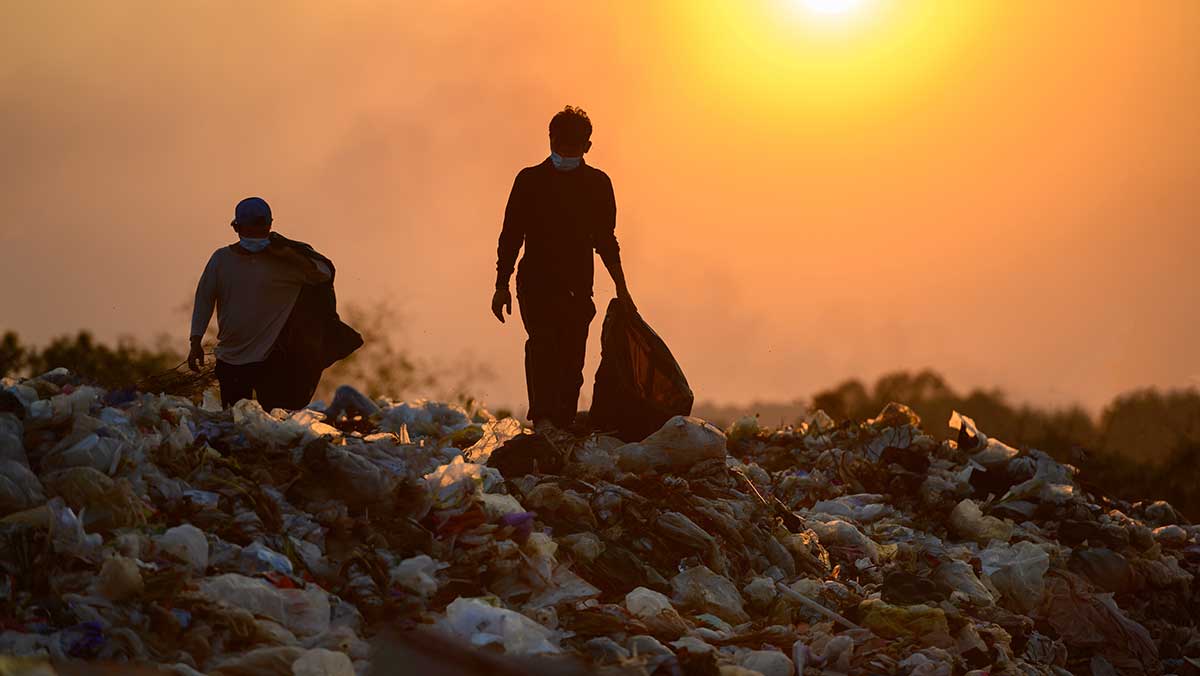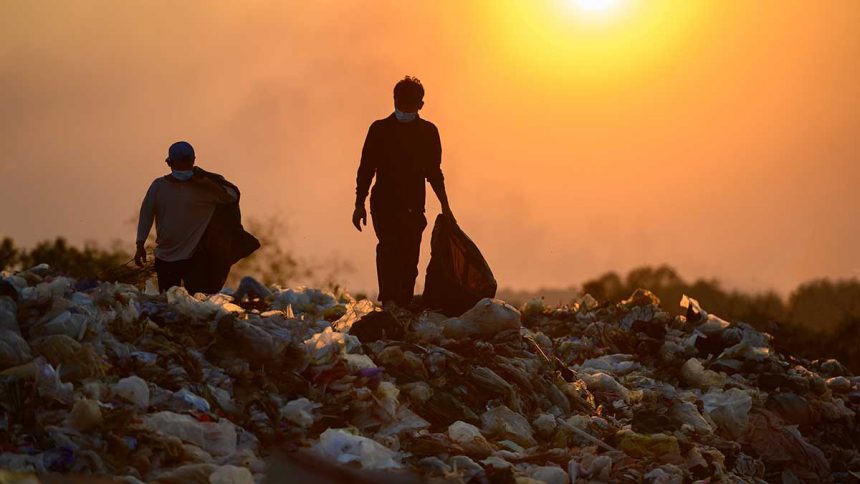
The amount of waste produced by humans worldwide is staggering, with between 2.1 and 2.3 billion tons of municipal solid waste generated annually. The impact of this waste on the environment is undeniable, leading the United Nations to designate March 30 as the International Day of Zero Waste to raise awareness of the issue.
From overflowing landfills to toxic garment fires in Chile and waste mountains in India, the consequences of mismanaged waste are dire. Even our oceans are not immune, with major garbage gyres and plastic pollution compromising marine ecosystems.
Big Waste
In the U.S., landfills are a significant source of methane emissions, while paper, construction waste, food waste, textiles, and e-waste make up a substantial portion of our solid waste. Recycling can help mitigate these impacts, but it’s essential to reduce consumption and choose sustainable products whenever possible.
The Three R’s
Recycling plays a key role in waste reduction, but focusing on reducing and reusing before recycling is crucial. By being mindful of our consumption habits and advocating for better waste management practices, we can work towards a zero-waste lifestyle.
Your Zero Waste Day
On International Day of Zero Waste and beyond, individuals can make a difference by advocating for better waste management, reducing personal consumption, and raising awareness about the global waste crisis. Every small step towards zero waste counts, so start today by making more sustainable choices in your daily life.






